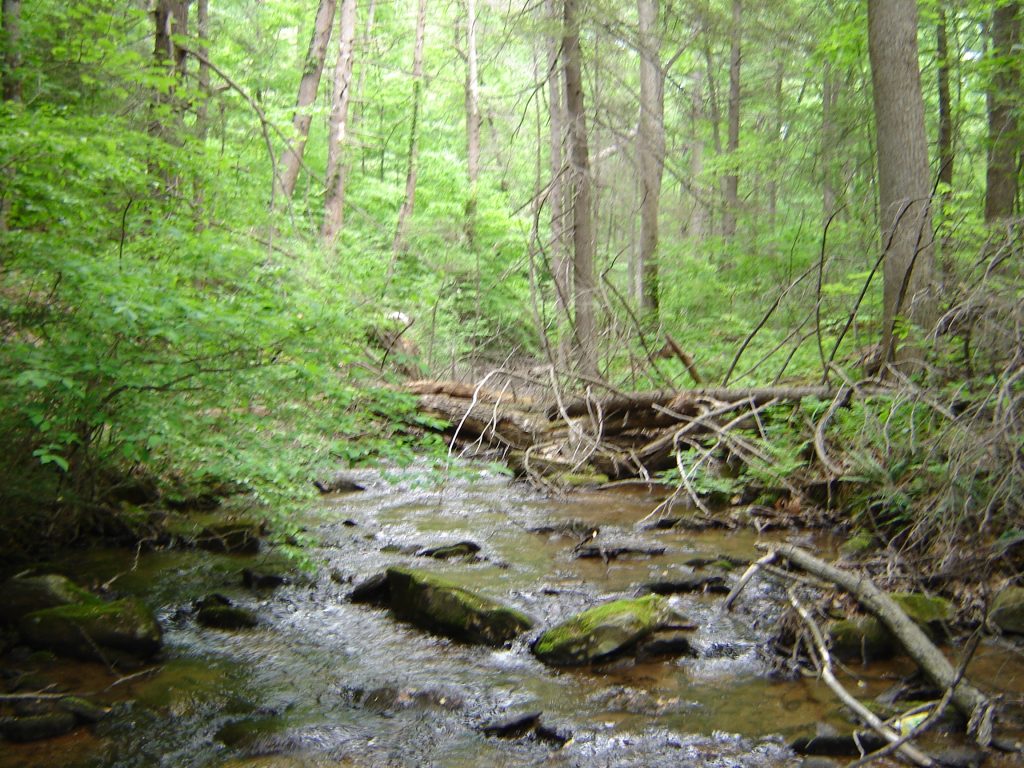Drs. Benstead, Huryn, and Shogren’s research proposal entitled “Collaborative Research: NSFDEB-NERC: Warming’s silver lining? Thermal compensation at multiple levels of organization may promote stream ecosystem stability in response to drought” ($990,203) has been funded by the Nation Science Foundation. This collaborative NSFDEB-NERC project (with Wyatt Cross at Montana State) will combine laboratory measurements (University of Iceland), stream mesocosm manipulations of temperature and drought (University of Birmingham, U.K.), and whole-reach drought manipulations (Hengill geothermal catchment, Iceland) to test the overarching hypothesis […]
Drs. Benstead, Huryn, and Shogren awarded $990K NSF grant to study thermal compensation in stream ecosystems in response to drought
